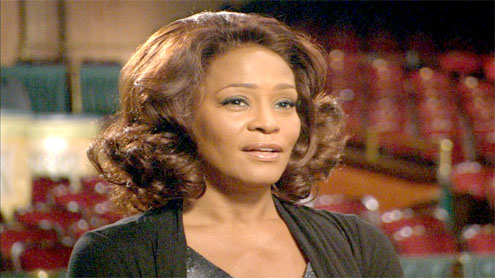
I MADE A new acquaintance the other day in Washington. We were brought together by a well-meaning mutual friend who thought we would want to share our common experience: the sudden death of a spouse.
Only a few days before that a dear friend had died in a car crash in Virginia. He was 60, the same age as my own husband who died three and a half years ago in France. Just as I had begun to feel that I was emerging at last from the dark tunnel of bereavement, I was thrust back into the company of the grief-stricken, trying to comfort two widows while knowing exactly the suffering that lay in store for them.
As widows, we have entered a world of grief for which we are not prepared. There is no rule book, and nobody knows how long the pain will last. When you are taken to a hospital for an operation, you consent to the treatment and you receive instructions on what to expect. There is no such thing for grief, for which consent is not required.I went to bed on January 24, 2009, in my London house and woke up a widow. My French husband had died, alone, in the family home in Brittany. Our last conversation, the day before, had been about the emptying of the septic tank.
I was certainly unprepared for the brutality of loss and the overwhelming power of the emotions that followed. At first there was numbness, followed by sorrow, rage and latterly, self-pity. Friends were of course sympathetic, but unless they had experienced the death of a partner, they did not know how to behave. I had been in the same position myself, expressing condolences and then thinking that as the bereaved person seemed O.K., they were O.K.
I now know that while you might look like your usual self, talking to strangers at a social occasion can be an ordeal. What do you say to a friend who asks you whether you are dating? Some now tell me that they didn’t want to ask how I was for fear of upsetting me. I don’t blame them. For almost two years, I couldn’t talk about Sylvain without choking up.Then, when you are at your most vulnerable, you have the daunting task of sorting out an estate. In my case, in a foreign land. In the village where my husband died, I was informed by the woman at the funeral home, with the blonde chill of a Catherine Deneuve, that his bank account had been frozen and that my mother-in-law had the power of attorney. Nobody told me that there are people who can sort out the paperwork for you, a task that took me 18 months, swimming upstream through the layers of French bureaucracy.
Some say that grief is associated with madness. I certainly behaved irrationally, even recklessly, in the months after Sylvain’s death: I gave up my job and moved to Washington. I wanted to reinvent myself in a “new” environment while excising the painful memories of places where we had been together.But how can you forget your cherished memories, which come back every day? By moving across the ocean, I also distanced myself physically from my support network, the close friends and family who knew me best.
Everyone’s experience of grief is different. A colleague in London consulted a grief counselor over her loss. I suspect that in America I would have been offered medication.But when I went to my doctor in London with an unrelated complaint, and burst into tears during the consultation, he simply pushed a box of Kleenex across the table.One of the best pieces of advice I had came from a friend whose husband died suddenly the year before Sylvain. “Don’t forget that you are you,” she said cryptically. How right she was. She meant that I should not allow myself to be changed by my experience of grief.So that’s my advice to you, Alex and Celia. Never forget that you are you. Welcome to the sisterhood. – Khaleejnews












